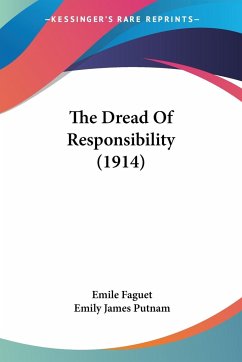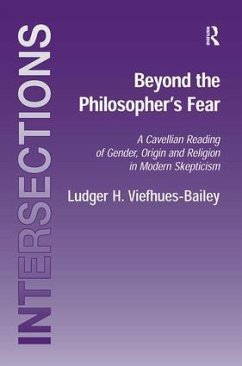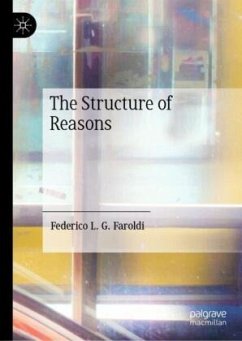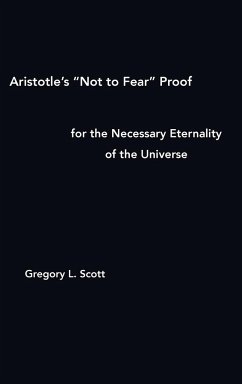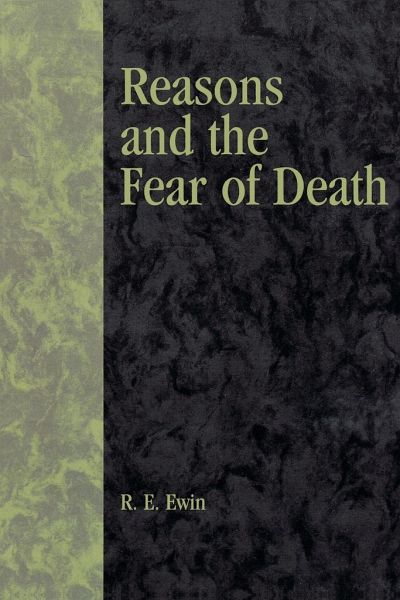
Reasons and the Fear of Death
Versandkostenfrei!
Versandfertig in 1-2 Wochen
52,99 €
inkl. MwSt.

PAYBACK Punkte
26 °P sammeln!
Death, violent or otherwise, is a matter of widespread concern with ongoing debates about such matters as euthanasia and the nature of brain death. Philosophers have often argued about the rationality of fear of death. This book argues that that dispute has been misconceived: fear of death is not something that follows or fails to follow from reason, but rather, it forms the basis of reasoning and helps to show why people must be cooperating beings who accept certain sorts of facts as reasons for acting. Within the context of this account of reasons, the book gives a new understanding of brain...
Death, violent or otherwise, is a matter of widespread concern with ongoing debates about such matters as euthanasia and the nature of brain death. Philosophers have often argued about the rationality of fear of death. This book argues that that dispute has been misconceived: fear of death is not something that follows or fails to follow from reason, but rather, it forms the basis of reasoning and helps to show why people must be cooperating beings who accept certain sorts of facts as reasons for acting. Within the context of this account of reasons, the book gives a new understanding of brain death and of physician-assisted suicide.





